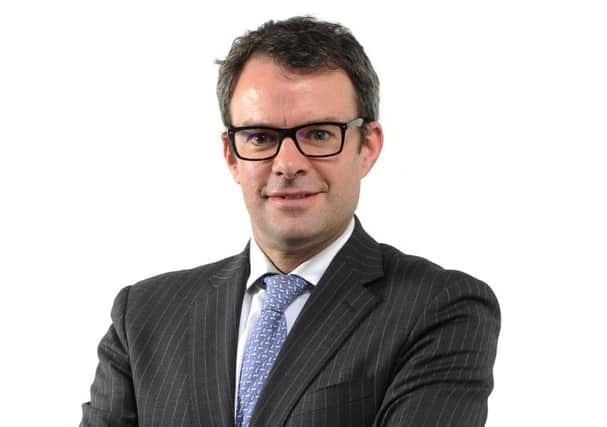Bernard Ginns: Diversity rocks in the ever changing world of business


That might be a sweeping generalisation, but the next wave of talent certainly has demanding expectations about the sort of organisations they want to work for.
The generation of people born between the Eighties and Noughties express little loyalty to their current employers and many are planning a near-term exit, according to the 2016 Deloitte Millennial Survey.
Advertisement
Hide AdAdvertisement
Hide AdThe majority of these young people believe that businesses have no ambition beyond profit, a fairly damning indictment of business behaviour before and after the credit crunch.
But they are more likely to report high levels of job satisfaction when there is a creative, inclusive working culture, rather than a more authoritarian, rules-based approach.
This is where diversity comes in. The workplace of today ought to reflect the society of today. Boardrooms and executive teams should represent the best talent from the broadest possible range of backgrounds.
This is not for the purpose of ticking a box, it is to stand a company in good stead in a fast-changing and unpredictable world where many long-standing business conventions are being turned on their heads.
Advertisement
Hide AdAdvertisement
Hide AdIn the local, regional, national and international war for talent, companies with staff from a wide range of backgrounds will be more attractive as places to work.
What intelligent, open-minded and promising young person truly wants to spend his or her working life with people from the same type of background and education? In my experience, the most able people thrive on stimulating new experiences.
Our front-page interview in this latest issue of Yorkshire Vision is with Debbie Crosbie, chief operating officer at Clydesdale and Yorkshire Banking Group. She told us that different people with different genders and different backgrounds come at problems from different perspectives.
“What that promotes is more careful thought and a better outcome all round,” she added.
Advertisement
Hide AdAdvertisement
Hide Ad“I often have experience where too many people from too similar a background rush to the answer that is not often the most customer-focused answer and not the right answer for the long term. I think having that mix is a good thing.”
I asked if she thought the 2008 financial crisis would have happened if the world’s biggest banks were run by women.
She said: “I don’t know if I can offer you a theory that we would have prevented the financial crisis. What is true is that the more diversity and balance you have in teams, the better teams perform.”
These themes and more will be explored in our first Vision publication of 2016, timed to coincide with International Women’s Day.
Advertisement
Hide AdAdvertisement
Hide AdWe feature interviews with campaigners such as Heather Jackson, Etta Cohen, Qari Asim and Charlotte Sweeney and look at how migration is helping to fuel growth in Yorkshire’s factories.
We also consider the age-old question of how companies can employ, retain and retrain older workers to make sure valuable experience and contacts stay in the business world.
I hope you find this a thought-provoking and challenging read. Yorkshire’s business community has made some good progress on diversity, but needs to work harder to better equip itself for a changing world.